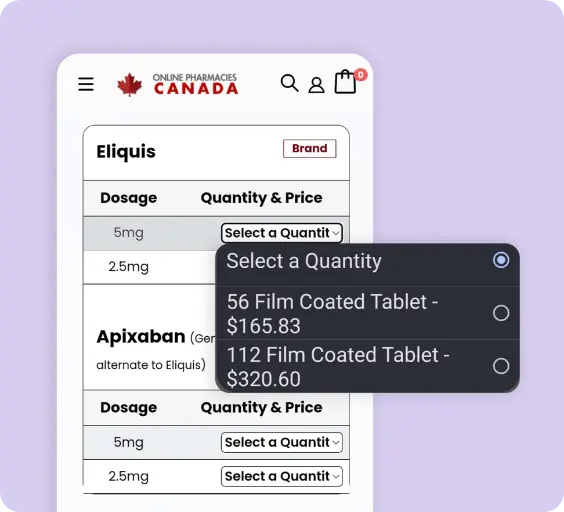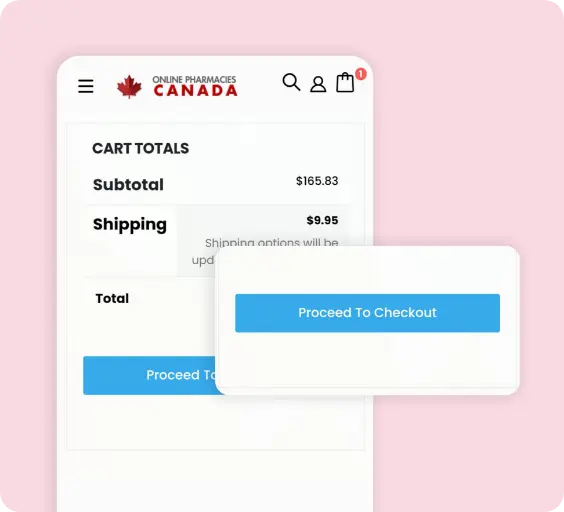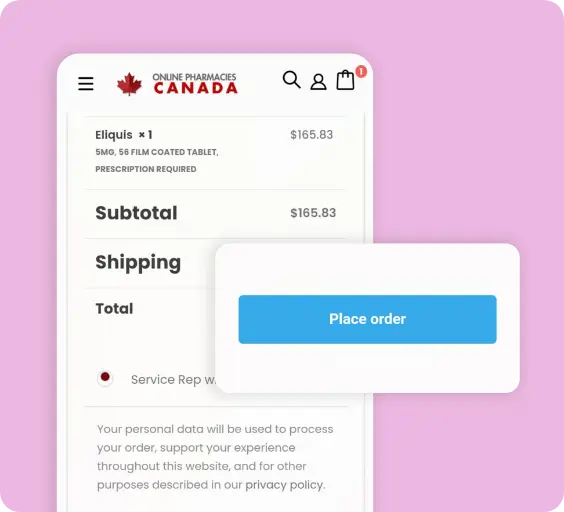Indications
Cardene is a medication used to treat high blood pressure (hypertension) and chronic stable chest pain (angina). Cardene contains the active ingredient nicardipine hydrochloride. Nicardipine is in a class of medications called calcium channel blockers. It lowers blood pressure by relaxing the blood vessels, so the heart does not have to pump as hard.
Nicardipine may help to increase your ability to exercise and decrease the frequency of angina attacks. It controls chest pain by increasing the supply of blood and oxygen to the heart. By lowering high blood pressure helps prevent strokes, heart attacks, and kidney problems.
Uses and Dosage
Cardene is available as tablet to be taken orally. The tablet is commonly taken three times a day, around the same time(s) every day, to help you remember to take it. Follow the directions on the prescription label carefully and ask your doctor or pharmacist if you have any questions. Cardene should be taken exactly as directed and should not be taken more or less frequently than prescribed by your doctor. Swallow the tablet whole, without splitting, chewing, or crushing them.
Use of Cardene controls chest pain, but it does not stop chest pain once it begins. Additionally, Cardene controls high blood pressure and chest pain, but does not cure them. Continue taking Cardene even if you are feeling well, unless directed otherwise by your doctor. Do not stop taking this medication without consulting your doctor.
The recommended dosages for Cardene depend on the specific formulation and the individual patient's needs. The effective doses in clinical trials have ranged from 30 mg to 60 mg two times daily. The IV formulation should be titrated to achieve the desired blood pressure reduction, and the initial infusion rate is typically 5 mg/hour.
Side Effect
Common Side Effects of Cardene (Nicardipine Hydrochloride):
- Difficulty breathing or swallowing
- Dizziness
- Fainting
- Flushing (warmth, redness, or tingly feeling)
- Headache
- Increase in frequency or severity of chest pain (angina)
- Nausea
- Rash
- Swelling in your feet
- Swelling of the face, eyes, lips, tongue, arms, or legs
- Weakness
Serious Side Effects of Cardene (Nicardipine Hydrochloride):
- Constipation
- Difficulty breathing
- Dizziness or lightheadedness
- Dry mouth
- Excessive tiredness
- Fast heartbeat
- Flushing
- Fluttering in your chest
- Headache
- Heartburn
- Hives
- Increased sweating
- Lightheadedness
- Muscle cramps
- Numbness
- Pounding heartbeats
- Severe or ongoing chest pain
- Swelling of your face, lips, tongue, or throat
- Upset stomach
Form and Strength
Cardene (Nicardipine Hydrochloride) is available in the following forms and strength:
Cardene: Tablet
- 20 mg
- 30 mg
Caution
- Cardene IV (the intravenous form of the medication) may cause serious side effects, including blurred vision, confusion, and dizziness.
- The infusion site for Cardene IV should be changed every 12 hours if it is administered via a peripheral vein.
- The medication may cause side effects, which can vary in severity and likelihood. Some common side effects may include nausea, headaches, and dizziness.
- As with any medication, Cardene should be used with caution in people with certain medical conditions, such as liver or kidney disease.
- Nicardipine hydrochloride should not be taken by people who are allergic to it or who have a history of hypersensitivity to other calcium channel blockers.
- Cardene may interact with other medications, such as beta-blockers, and should not be taken in combination with these medications without the approval of a doctor.
- Nicardipine may cause hypotension (low blood pressure), especially in people who are receiving high doses or who have underlying heart disease.
- Cardene may be contraindicated in people with certain heart conditions, such as aortic stenosis or hypertrophic cardiomyopathy.
- Nicardipine may cause fetal harm if used during pregnancy and should only be used in pregnant women if the potential benefits outweigh the risks.
- Cardene may also pass into breast milk and should be used with caution in women who are nursing.
- Nicardipine may cause interactions with other medications, such as cyclosporine or certain antibiotics, and should not be taken in combination with these medications without the approval of a doctor.
- Cardene may also affect glucose levels in people with diabetes, and blood glucose levels should be monitored closely when using the medication in these patients.
Frequently Asked Questions (FAQ)
What should I tell my doctor before taking Cardene?
Before taking Cardene, you should tell your doctor about all your medical conditions and any other medications you are taking, including over-the-counter medications, vitamins, and herbal supplements.
How long does Cardene take to work?
Cardene begins to work within minutes and reaches peak effects within about 15 minutes following IV administration.
Can I drive or operate machinery while taking Cardene?
Cardene may cause dizziness or drowsiness in some people. If you experience these side effects, you should avoid driving or operating machinery until you know how the medication affects you.
Resources
- https://dailymed.nlm.nih.gov/dailymed/lookup.cfm?setid=f12cea0d-b7cd-41d8-b551-2c74cc7f5f4e
- https://dailymed.nlm.nih.gov/dailymed/lookup.cfm?setid=f12cea0d-b7cd-41d8-b551-2c74cc7f5f4e
- https://www.drugs.com/pro/cardene.html
- https://www.rxlist.com/cardene-drug.htm
- https://www.webmd.com/drugs/2/drug-14061/cardene-oral/details














REVIEWS